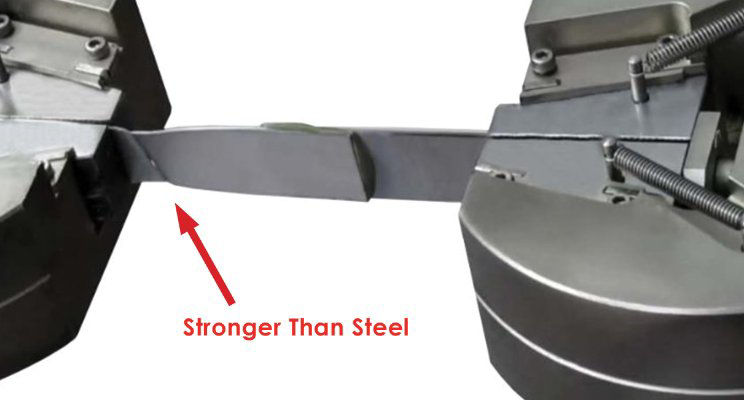This website uses cookies.
This website uses cookies and similar technologies to operate our site and services, optimize the website, monitor sessions, enhance your experience, and for marketing. These technologies may monitor your use of the site and share that information with third parties, including for analytics, social media, and advertising purposes. For more info, including on data retention, see the privacy notices linked below. Click “Cookie Settings” to opt-out of certain advertising cookies. By accessing or using the website, you agree to the use of cookies to collect and share your information, and to our Terms of Use (including arbitration & class waiver terms), Privacy Policy





